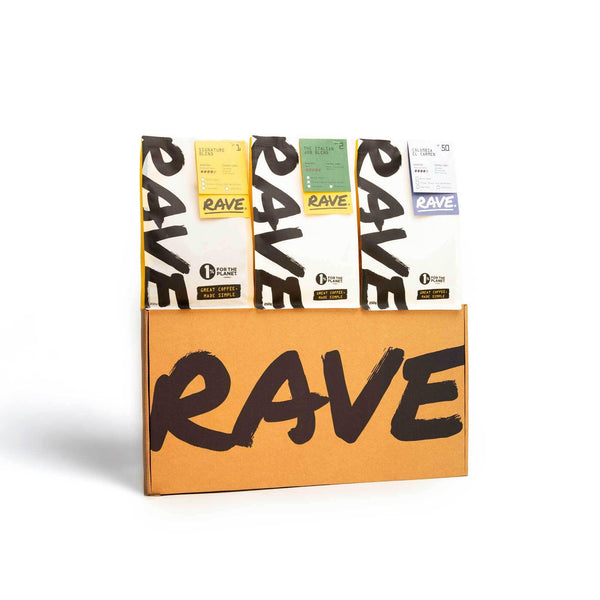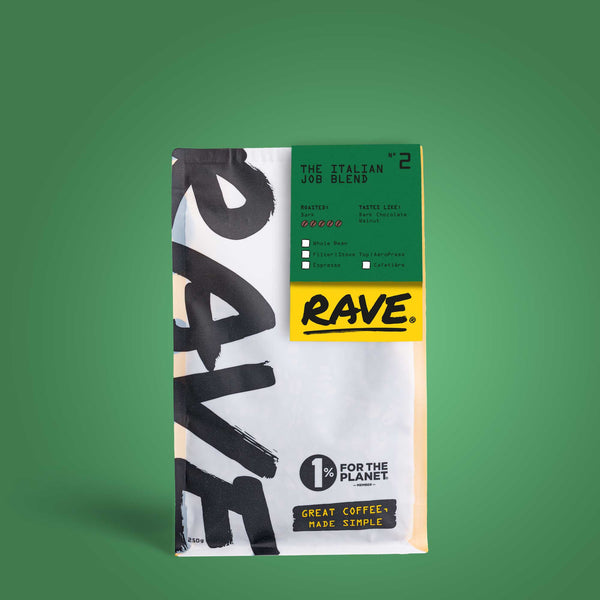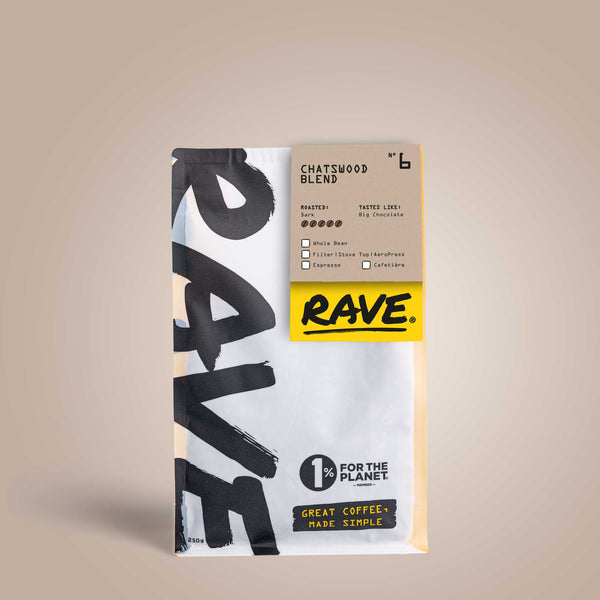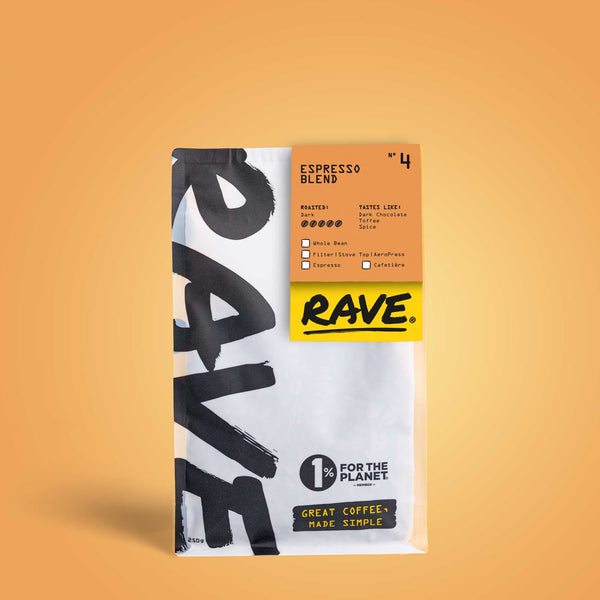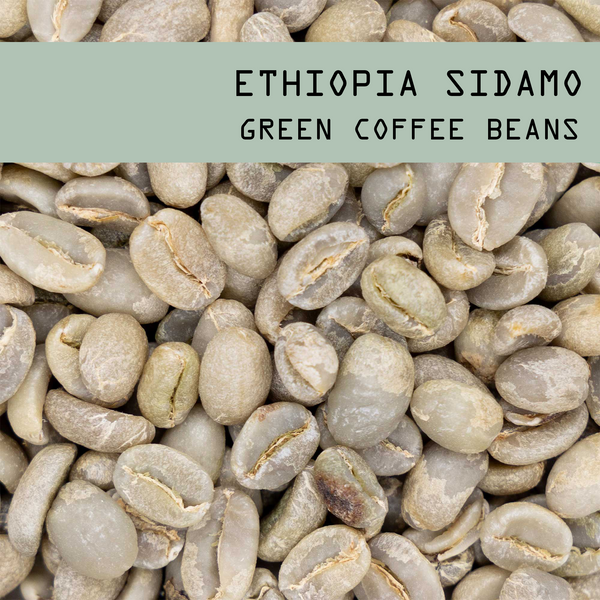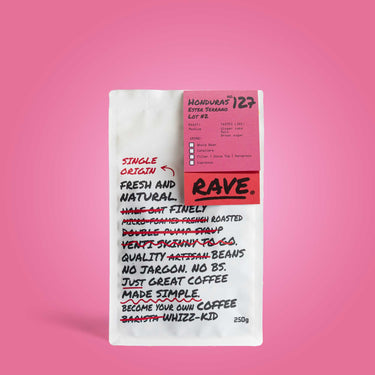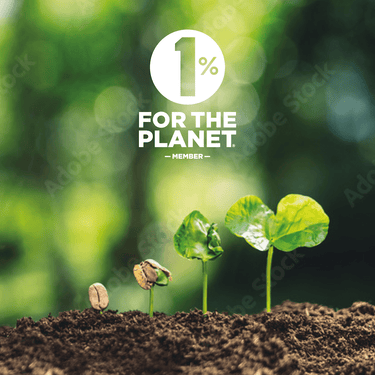Kenya
Kenya Coffee Region
History of Coffee in Kenya
Despite being a neighbour of Ethiopia, the famed birthplace of coffee, coffee didn't arrive in Kenya until 1893 when a French religious congregation called the "Holy Ghost Fathers" introduced coffee trees from Reunion Island. Mission farms near Nairobi were used as the base around which Kenyan coffee growing developed.
Today, the major growing regions in Kenya are in the High Plateaus, where rich volcanic soils provide excellent growing conditions for coffee trees. Everything about Kenyan coffee oozes quality, from the beans to the trade itself.
Quality control is paramount, and many farmers are extremely well-educated and rewarded for their output. In Kenya, coffee beans aren't graded as generic AA or AB; instead, coffee is sold at auction where heated competition drives up the price.
A whole lot of research and development goes into Kenyan coffee, and quality control, a system that encourages farmers to produce top level coffee so they can get the best price at auction.
Currently, Kenya's political system is in disarray, posing a threat to Kenya's excellent auction system. If this falls apart, smaller producers could be forced to grow lesser quality coffee, or plant other crops altogether.
It makes it all the more important to enjoy good Kenyan coffee while you can, and support those producers who are still producing premium coffee.

Characteristics of Kenyan Coffee
Kenyan Arabica is grown on rich volcanic soils found in the highlands between 1,400 to 2,000 meters above sea level. Its altitude makes for a bright coffee, not for those who are adverse to acidity. But if acidity's your thing, then Kenyan coffee is where it's at. Kenyan coffee is complex and can possess interesting fruit flavours of berry and citrus, some almost winey. Find out what makes robusta coffee so special in our recent blog post.
Kenyan Coffee: Interesting Facts and News Bites
-
Kenya produces almost exclusively washed Arabica coffee of the Bourbon type although there is a very small production of Robusta Coffee that is grown in the low altitude areas.
-
Small cooperatives produce about 55% of Kenya's coffee crop crop while the large estates grow the rest (45%).
-
Kenya is the 6th largest coffee producer in Africa and the 18th in the world.
-
Kenya doesn't produced any certified organic coffee beans, however, use of chemicals is rare due to excellent agricultural methods employed by coffee growers.
Read Also:
Other Coffee Regions Around The World
References
http://www.kenyarep-jp.com/business/industry/coffee_coffee_e.html
http://www.icoffeeimports.com/about-kenyan-coffee/
http://www.sweetmarias.com/coffee.africa.kenya.php
View Our Range of Kenyan Coffee
View Our Range of Ethiopian Coffee


- ⚡️ Limited Edition
- 🌟 New release
Brazil Carnaval Blend Nº 17
£8.75 Sold Out
African coffees
African coffees


- 🌟 New release
Ethiopia Daniso Horsa Natural Nº 332
From £9.95


Signature Blend Compostable Coffee Bags - 10 pack
£4.95


- 🌟 New release
Signature Decaf Blend Compostable Coffee Bags - 10 Pack
£4.95




